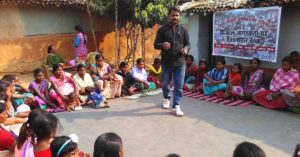TBI Blogs: How a 20-Year-Old Went from Selling Newspapers to Working at a Multinational Company
Growing up in Mumbai’s urban slums can be a tough challenge even under the best circumstances. Shashikant Jaiswal has faced severe hardships, but he’s struggled on, and is now a shining inspiration for other members of his community.
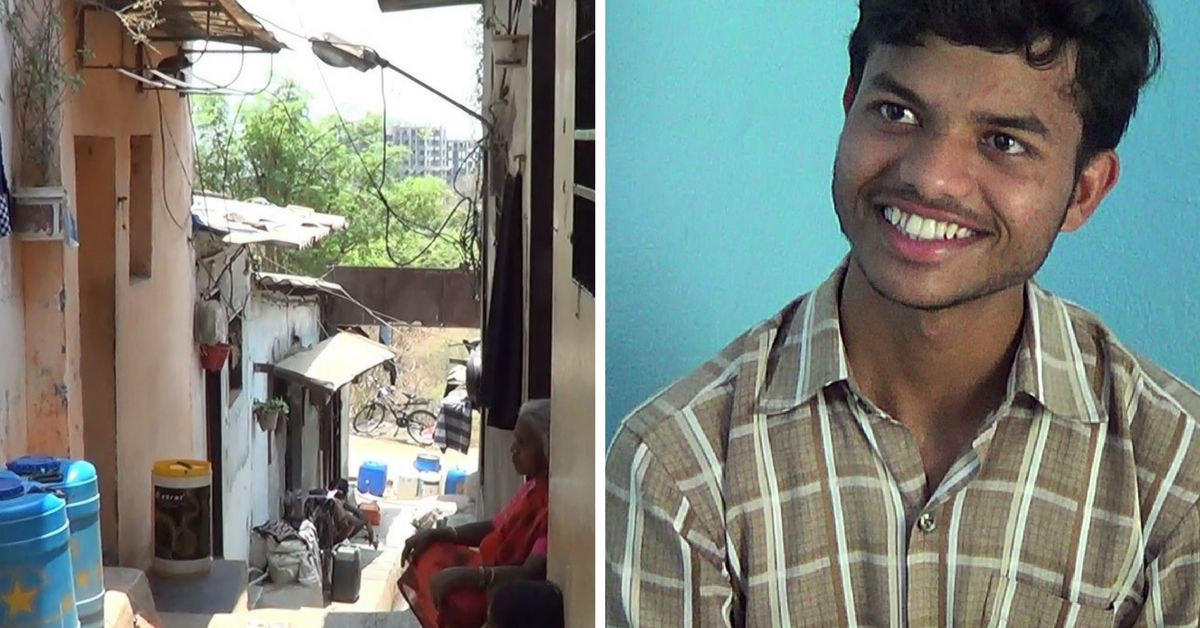
Growing up in Mumbai’s urban slums can be a tough challenge even under the best circumstances. Shashikant Jaiswal has faced severe hardships, but he’s struggled on, and is now a shining inspiration for other members of his community.
Shashikant Jaiswal is 20 years old, and can tell you the exact date when Mahatma Phule Nagar, a slum cluster adjacent to IIT Bombay, came up. “It was in 1991 that migrants living near Powai Lake were moved here following a beautification drive of the city,” he explains, adding, “A large number of our neighbours are migrants from Maharashtra, mostly from Satara and Aurangabad. Those from UP and Bihar are in a minority like us,” he adds with a smile. Mahatma Phule Nagar has a large population of Dalits.
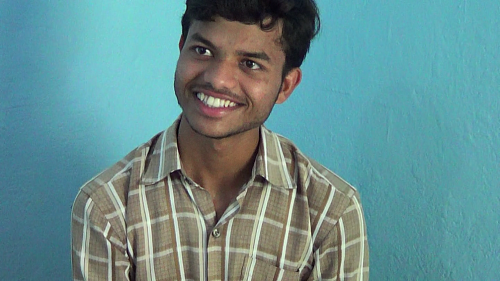
“I follow Babasaheb’s writings. They are remarkably insightful, especially when all around people are so strongly divided by caste,” Shashikant says. His grandfather came to Mumbai 60 years ago. He spent almost his entire life as a daily wage worker, and put all his savings in setting up a cloth shop in Wadala. He married twice—Shashikant’s father is the son of his first wife. Due to domestic feuds, Shashikant’s father was not allowed to participate in the family business. He found himself in the same place as his father—selling peanuts in the day and working as a guard in the night—till he joined a mill as a daily wage worker with a salary of Rs. 3,000 per month.
“My father’s income went towards buying food for a family of four. We had to borrow money in case any of us fell ill, or to buy books for school,” Shashikant shares. With no extra income to support his education after Class VII, Shashikant took to doing odd jobs like distributing newspapers and helping political parties set up their billboards to make money. “I would earn Rs. 500 a month and give it to my mother. All of it went to pay my school fees,” he says. There were insurmountable hardships. There were also some eye-opening lessons.
“Despite extreme poverty, my mother was not expected to step out to work. Women stepping out in public to work and earn is still looked down upon in my family. When my elder sister finished her Bachelors, I negotiated with my parents to let her get a B.Ed degree. In reality, I fought with them and their mindsets. My sister always wanted to be a teacher. She is married now, but I am happy that she is still keen on getting a job,” he observes.
Shashikant believes that a gender-equal society is possible, but the change has to begin at home. This conviction had its roots in the training he underwent in Magic Bus as a Youth Leader. “In Class X, I felt this strong urge to do something for my community. I wanted children here to go to school and learn well. It might seem to be a most ordinary, achievable dream outside Mahatma Phule Nagar, but it is not so in a community of so many out-of-work youth taking to substance abuse, a community that is yet to wake up to the importance of education. As a Community Youth Leader, I get to mentor these children using a deeply engaging activity-based curriculum. I also run support classes for children in my neighbourhood so that they can keep up with the pace of learning at school,” he shares.
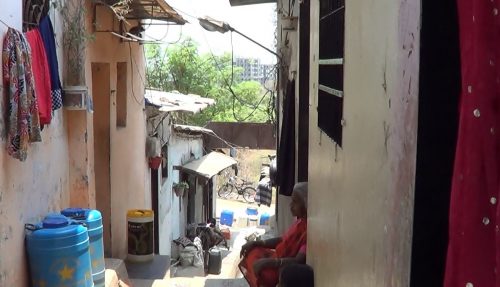
Shashikant dreams of opening a school in his neighbourhood for underprivileged children, a learning environment modelled after the gurukul system of education.
“Every child nurses a dream. Poverty stifles that very dream. My education will hold a light to those who are fighting to save their dreams from the clutches of poverty,” he explains.
Although he started working in Class VIII, Shashikant was aware that only a salaried job can put an end to the financial distress at home and also support his dream for further education.
“I was in the first batch of Magic Bus’ Livelihoods programme at Vikhroli. Back then, I was certain I could be an entrepreneur. Through the Livelihoods training, I actually got an insight into my skill sets and drawbacks. They helped me develop a road-map for my career,” he says, adding, “It has been three years since I completed my Livelihoods training. Yet I still fall back on my mentors from the Centre to guide me on my career decisions. I have firm faith in their ability to suggest the best way for me.”
At present, Shashikant works as an Account Representative for multi-national software company Accenture, earning Rs. 25,000 per month. Most of his income goes towards paying off the family’s debts, but he saves enough to support his further education and also his dream to own a house of their own in their hometown.
Despite balancing a demanding work life with education, Shashikant is still bhaiya for numerous children in his locality—someone they laugh with, share their sorrows and anxieties with, and listen to. If you are to pass Mahatma Phule Nagar on a Saturday and Sunday, you might meet an enthusiastic 20-year-old, surrounded by an excited bunch of children much younger and smaller than him, matching him in step and energy.
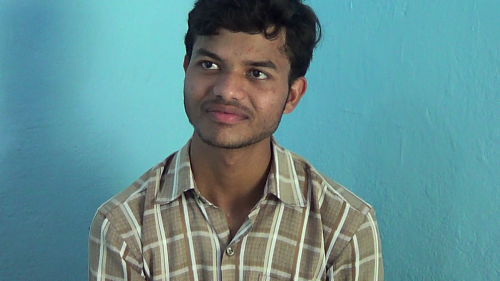
Support Magic Bus by making a contribution here, or give a missed call at 1800-200-6858, and we will call you back!
Picture Credits: Shrishti Somani & Zil Shah
Like this story? Or have something to share? Write to us: [email protected], or connect with us on Facebook and Twitter.
NEW: Click here to get positive news on WhatsApp!
If you found our stories insightful, informative, or even just enjoyable, we invite you to consider making a voluntary payment to support the work we do at The Better India. Your contribution helps us continue producing quality content that educates, inspires, and drives positive change.
Choose one of the payment options below for your contribution-
By paying for the stories you value, you directly contribute to sustaining our efforts focused on making a difference in the world. Together, let's ensure that impactful stories continue to be told and shared, enriching lives and communities alike.
Thank you for your support. Here are some frequently asked questions you might find helpful to know why you are contributing?


This story made me
-
97
-
121
-
89
-
167




